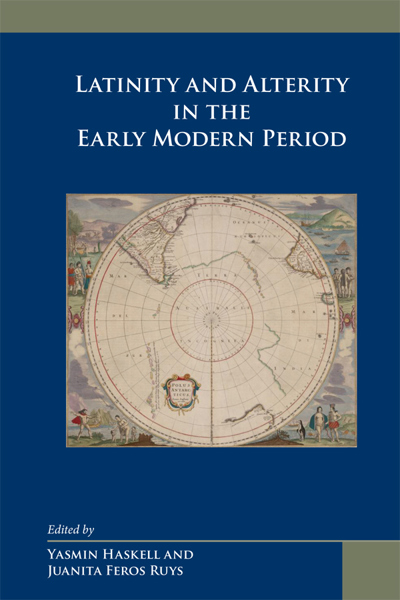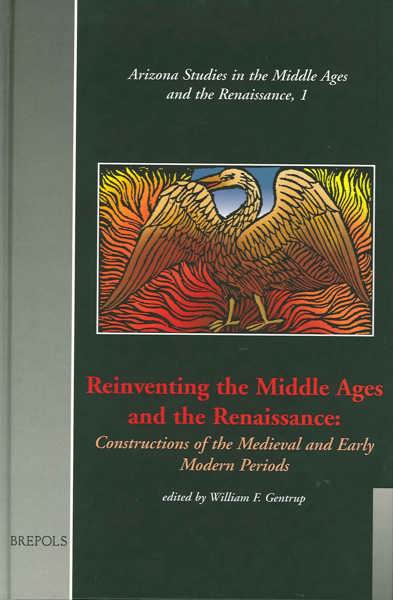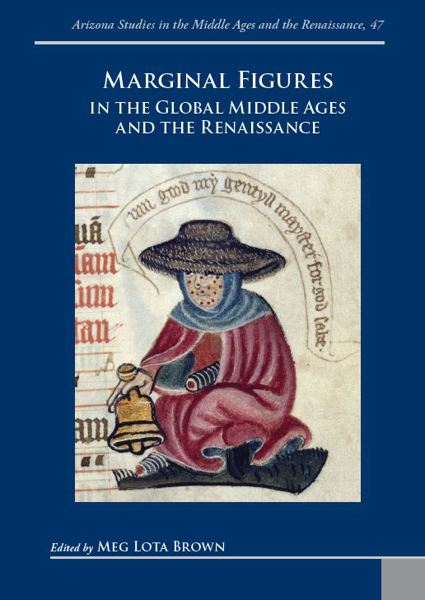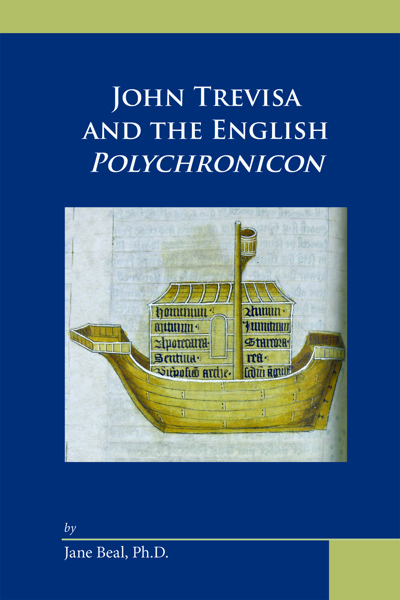
Reinventing the Middle Ages and the Renaissance
Constructions of the Medieval and Early Modern Periods
William F. Gentrup (ed)
- Pages: 243 p.
- Size:160 x 240 mm
- Illustrations:7 b/w
- Language(s):English
- Publication Year:1998
- € 30,00 EXCL. VAT RETAIL PRICE
- ISBN: 978-2-503-50804-7
- Hardback
- Available
The fourteen essays presented in this volume take an historicized approach to constructions of the past, and all of them focus on how and why the present of any period uses the past to promote its own opinions, beliefs, doctrines or views.
"This book is to be commended to anyone interested in the Middle Ages or the Early Modern period (...). (...) Robert Bjork and William F. Gentrup are to be congratulated for bringing together scholars from different disciplines and creating a significant dialogue about how we make use of the European past, especially in terms of British and American constructions." (B. McGuire, in: The Medieval Review, 00.03.20)
The fourteen essays presented in this volume contribute substantially to the study of the reinvention of the Middle Ages and the Renaissance. They take an historicized approach to constructions of the past, and most address the relatively new field of Medievalism. All of them focus on how and why the present of any period uses the past to promote its own opinions, beliefs, doctrines or views. In particular, the volume demonstrates that reinventions of past eras or figures can be motivated by a nationalistic desire to create cultural 'roots', to discover origins that justify a regime or group's self-identity, to appropriate a cultural icon or neglected author for a particular political agenda, or to reflect on contemporary social issues via a remote time and place. Reworkings or adaptations of earlier culture often tell us more about the age in which they were produced than the one revived or revisited. This volume features five essays that treat medieval subjects; four focus on Tudor and Stuart figures, religion or politics; and five concentrate on nineteenth-century uses of medieval or early modern events, literary conventions, settings and themes. The contributions are as follows: John D. Niles, 'The wasteland of Loegria: Geoffrey of Monmouth's reinvention of the Anglo-Saxon past'; Richard W. Clement, 'Richard Verstegan's reinvention of Anglo-Saxon England: a contribution from the continent'; Anne Savage, 'Pagans and Christians, Anglo-Saxons and Anglo-Saxonists: the changing face of our mythical landscape'; Daniel F. Melia, 'Congruent desires: medieval and modern reconstructions of Irish and Welsh literary artifacts'; Thomas A. Prendergast, 'Politics, prodigality, and the reception of Chaucer's Purse; Kenneth J.E. Graham, 'Defining the "discipline" of Reformation Studies'; Robert L. Entzminger, 'Jonson, the myth of Sidney, and nostalgia for Elizabeth', Reneé Pigeon, 'Gloriana goes Hollywood: Elizabeth I on film, 1937-1940'; Paul N. Hart




